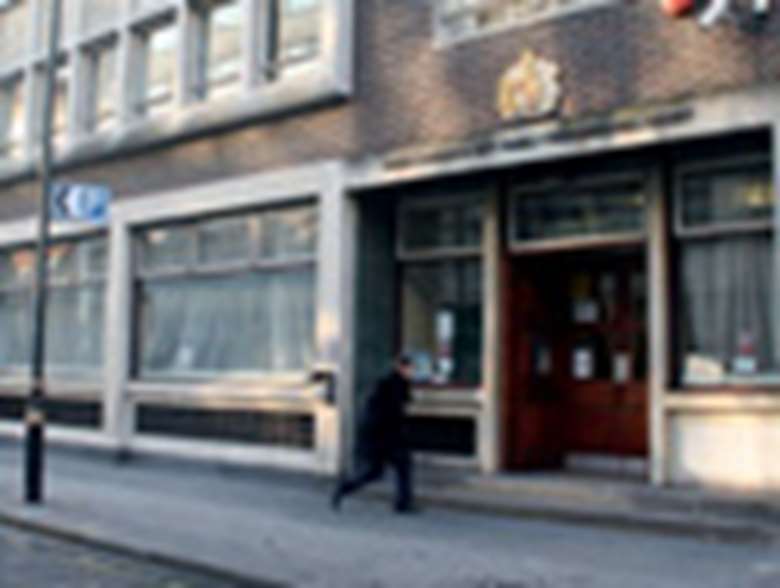'Therapeutic jurisprudence' as vital as early intervention
John Freeman
Tuesday, March 3, 2015
When it comes to parenting, there is a spectrum stretching from well-adjusted parents who do well by their children, all the way to extreme neglect.

At the extreme end, at any one time about 70,000 children are in the care of councils - about 0.5 per cent of all children - at an annual national cost of over £3bn. Quite rightly, there is a huge emphasis on improving the care system, so that children, who have very often been deeply damaged, achieve the best possible outcomes.
We are not great at this, especially with young people leaving care, who signally fail to receive the quality and depth of support that middle-class parents provide for their own children, so there is still much more to do. At the same time, there isn't a direct link between poverty and the quality of parenting - very many poor parents care well for their children. So, while reducing poverty helps, it can't be the only answer.
I've been committed to the early intervention approach - an absolute no-brainer - as it is so obviously right to avoid problems before they cause irreversible trauma. That's why I've been promoting universal parenting classes in schools, for example, as a cheap and effective way of helping all young people understand what it means to be a good parent. The Early Intervention Foundation (EIF) has been doing some great work from which we should all learn.
Early intervention, though, cannot be the whole answer, as there will always be some families and children who fall through the gaps - and we are still well away from the point at which we could reduce spending on those most in need. The EIF estimates we are spending about £17bn, a huge sum, on late intervention - on putting things right, or even just patching up the gaping wounds, after things have gone wrong. That sum includes everything from social care, health, future unemployment and, far too often, prison. It doesn't include any estimate of the unquantifiable personal costs in quality of life and expectations to the children and adults concerned.
So, alongside my obsessions with how care can be improved, and how early intervention can be made to work in practice, I've recently been thinking about late intervention. It's in that context that, dozing through the Today Programme a couple of weeks ago, I heard the phrase "therapeutic jurisprudence" and started paying serious attention. The piece was about the expansion of the Family Drug and Alcohol Court (FDAC) from London, Gloucestershire and Milton Keynes to several other areas, covering about one in four family courts in England.
Funded by the DfE, FDACs are effective late intervention in action - building on the authority of the court to place children away from parents, and with a specialist support team of health and care professionals. Sustained and regular contact with the same judge and support professionals provides personal support and challenge that seems to be having a life-changing impact. The families concerned had been engaged with a variety of agencies - including the Family Court - in a non-joined-up way, and being passed from pillar to post. In many ways, it's not surprising the FDAC model works, and perhaps it would be more surprising if it didn't. But FDACs are expensive and small scale - dealing with minuscule numbers, in the hundreds, compared with the 18,000 cases dealt with by the Children and Family Court Advisory and Support Service.
There is an alternative approach, the DCLG-funded Troubled Families Programme, also reported to be having substantial success. Unlike FDAC, the Troubled Families programme is based around councils, although much the same approach is used, with a key worker co-ordinating multi-disciplinary support on issues such as crime, anti-social behaviour, truancy and worklessness. The only important difference between the two is that the FDAC is court-based and has access to sanctions that are not there for troubled families. Again, the programme is costly in the short-term, and councils have been incentivised to take part by a combination of up-front payments and results-based payments, totalling £4,000 if specific goals are achieved.
The next government, of whatever stripe, must build systematically on all this work, bringing together FDAC and the Troubled Families Programme, increasing their scope, but avoiding the interdepartmental and inter-sector jostling that bedevils the present arrangements. That would benefit hundreds of thousands of children and, alongside early intervention, might finally start to turn the tide.
John Freeman CBE is a former director of children's services and is now a freelance consultant Read his blog at cypnow.co.uk/freemansthinking




